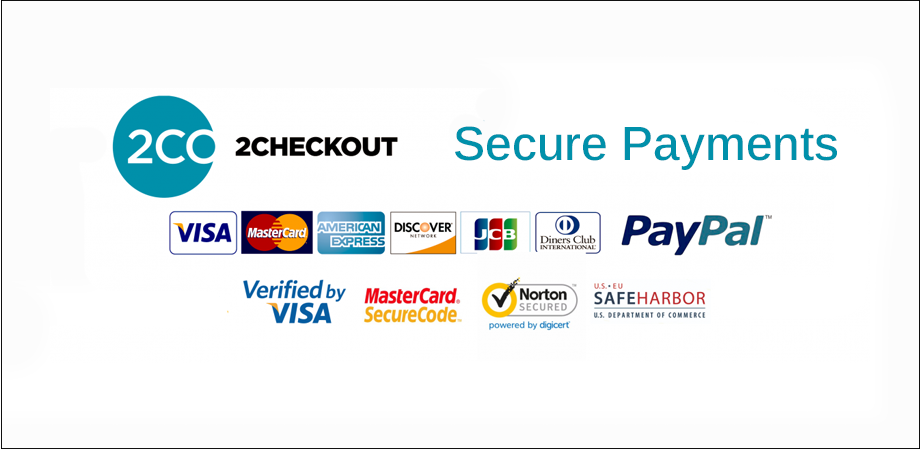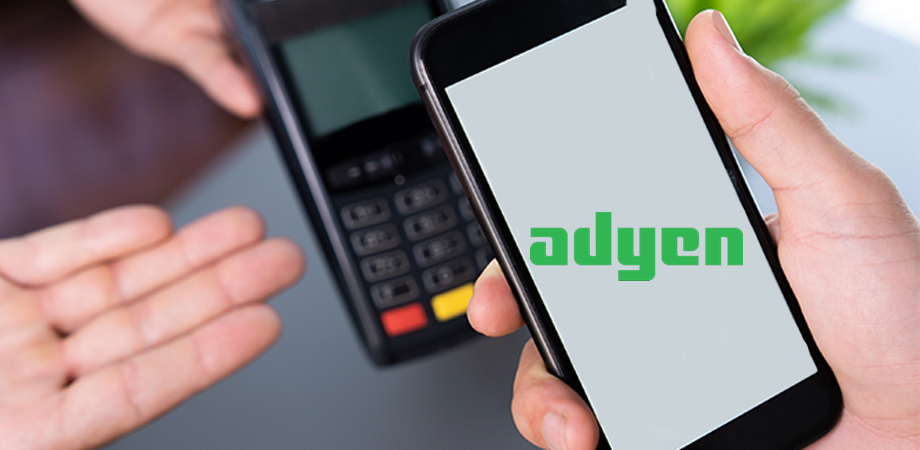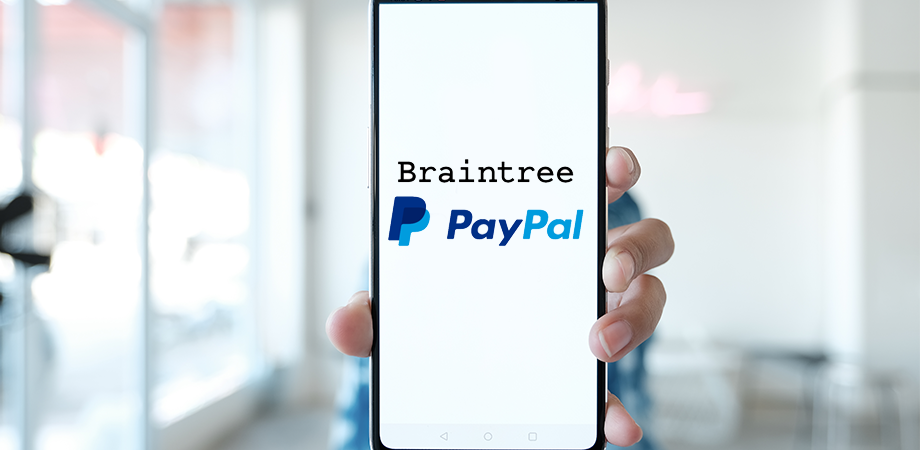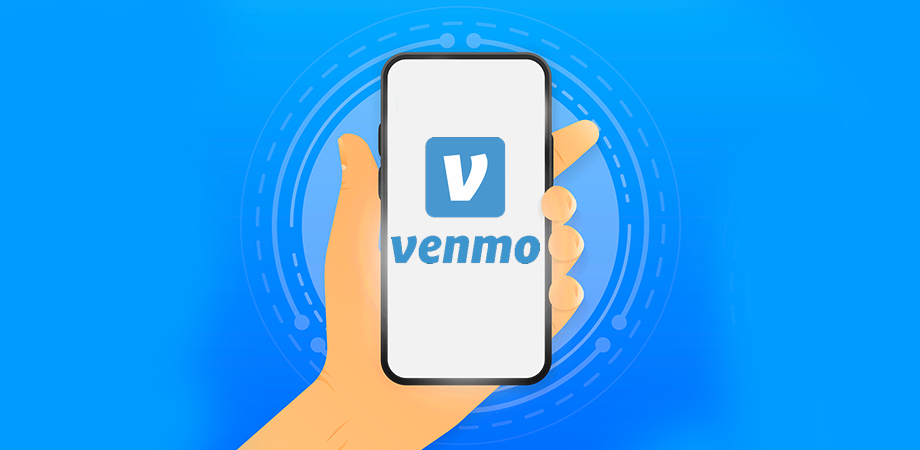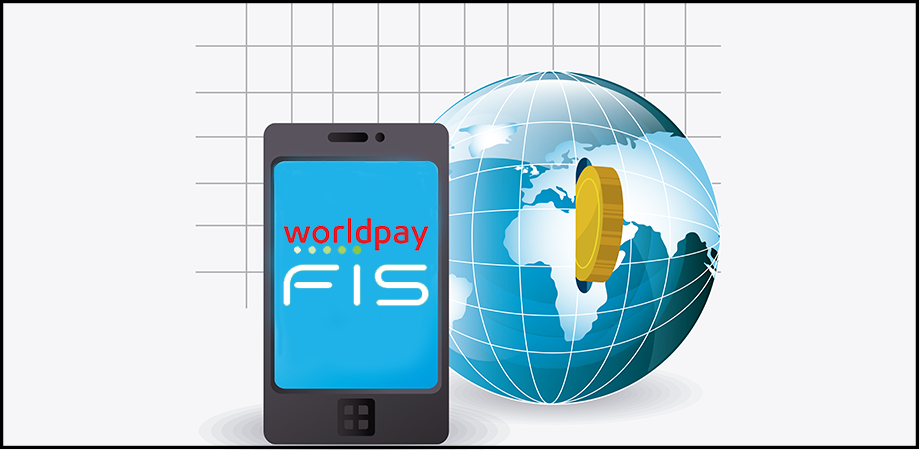Did you know that the global digital payments market is expected to reach a staggering $8.94 trillion by 2027? With the exponential growth of eCommerce, choosing the right payment gateway has become crucial for the success of any online business.
As an eCommerce business owner, you’re likely grappling with the question, “Which is the best payment gateway for my store?” The right payment solution can make or break your customer’s checkout experience, directly impacting your sales and revenue.
In this blog post, we’ll share expert tips to help you select the optimal payment gateway for your eCommerce store. As someone with 18 years of experience in eCommerce website development, we’ve helped countless businesses like yours build high-performing, conversion-focused online stores. We’ll draw on those real-world successes to guide you through the process of finding the best payment solution for your unique needs.
By the end of this post, you’ll have a clear understanding of the key factors to consider and the top payment gateways to explore – putting you on the path to checkout bliss and boosting your online sales.
What is a Payment Gateway?
A payment gateway is a secure technology that enables merchants to accept and process electronic payments, such as credit cards, debit cards, and digital wallets, for online and offline transactions. It serves as the intermediary between a customer’s payment method and the merchant’s bank account, facilitating the secure transfer of funds.
In simpler terms, a payment gateway is the online equivalent of a physical credit card terminal, allowing customers to make purchases on a merchant’s website or mobile app and ensuring the safe and seamless processing of those transactions.
Best Payment Gateway For eCommerce Store
Here Is A List of The Best Payment Gateways For Your eCommerce Store:
1. PayPal
As one of the most widely recognized and established payment gateways, PayPal is a popular choice for eCommerce businesses of all sizes. Here’s a closer look at the pros and cons of integrating PayPal into your online store:
Pros of Using Paypal:
- Trusted Brand: PayPal has built a reputation as a secure and reliable payment processor, which can instill confidence in your customers and encourage them to complete purchases.
- Global Reach: With a presence in over 200 markets worldwide, PayPal allows you to accept payments from customers in multiple countries, expanding your potential customer base.
- Buyer and Seller Protection: PayPal offers buyer and seller protection programs, which can help safeguard your business against fraudulent transactions and chargebacks.
Cons of using Paypal:
- Higher Fees: PayPal typically charges higher transaction fees compared to some other payment gateways, which can eat into your profit margins, especially for high-volume businesses.
- Limited Customization: While PayPal offers a range of customization options, the platform may have fewer opportunities for extensive branding and checkout page customization compared to other solutions.
Example: According to a report by Statista, PayPal currently has over 429 million active accounts worldwide, making it one of the most widely recognized and trusted digital payment brands globally.
2. Stripe
Stripe has gained significant popularity among eCommerce businesses, particularly those with a tech-savvy customer base or in-house development teams. Let’s take a closer look at the pros and cons of integrating Stripe into your online store:
Pros of Stripe:
- Seamless Integration: Stripe is known for its developer-friendly tools and APIs, making it relatively easy to integrate into your eCommerce platform or custom-built website.
- Fraud Prevention: Stripe offers robust fraud prevention features, including advanced machine learning-based algorithms to detect and block suspicious transactions.
- Flexible Pricing: Stripe’s pricing structure is generally more straightforward than some other payment gateways, with a flat rate of 2.9% + $0.30 per transaction in the US.
Cons of Stripe:
- High-Risk Businesses: Stripe may not be the ideal choice for businesses operating in high-risk industries, as the platform has stricter underwriting requirements and may be more likely to hold or freeze funds in certain cases.
- Potential for Account Holds: Like many payment processors, Stripe has been known to occasionally place temporary holds on merchant accounts, which can disrupt cash flow for some businesses.
Example: According to a study by the Baymard Institute, 28% of online shoppers cited a “complicated checkout process” as a reason for abandoning their cart. Stripe’s focus on streamlining the integration and checkout experience has helped many eCommerce businesses like Bright Ideas reduce friction and improve conversion rates.
3. Amazon Pay
As the eCommerce giant, Amazon has also established itself as a powerful payment gateway solution for online businesses. Let’s examine the pros and cons of integrating Amazon Pay into your eCommerce store:
Pros of Amazon Pay:
- Convenience for Amazon Shoppers: Amazon Pay allows customers to use their existing Amazon account credentials to make purchases on your site, providing a familiar and streamlined checkout experience.
- Increased Trust Factor: Associating your brand with the Amazon name can help instill confidence in your customers and increase their willingness to complete a purchase.
- Potential for Upselling: By tapping into Amazon’s extensive customer base and their purchase history, you may be able to identify opportunities for cross-selling and upselling complementary products.
Cons of Amazon Pay:
- Requires Amazon Seller Account: To accept Amazon Pay, you’ll need to set up an Amazon seller account, which comes with its own set of requirements and fees.
- Limited to Amazon Account Holders: Since Amazon Pay is only available to customers with existing Amazon accounts, it may exclude a portion of your potential customer base who do not have or prefer not to use an Amazon account.
Example: According to a study by Worldpay, 44% of global online shoppers prefer to use digital wallets like Amazon Pay for their purchases. This trend highlights the growing demand for convenient and trusted payment options that can streamline the checkout process and reduce cart abandonment.
4. Square
Square is a versatile payment gateway that caters to both eCommerce businesses and brick-and-mortar stores. Let’s take a closer look at the pros and cons of incorporating Square into your payment processing ecosystem:
Pros of Square Payment Gateway:
- Seamless Point-of-Sale Integration: Square offers a range of point-of-sale (POS) hardware and software solutions that integrate seamlessly, allowing you to accept in-person and online payments through a unified system.
- Easy Setup for Physical Stores: For businesses with a physical retail presence, Square’s plug-and-play hardware and intuitive software make it a convenient choice to set up and start accepting payments quickly.
Cons of Square Payment Gateway:
- Higher Fees for Larger Sales Volumes: While Square’s flat-rate pricing structure (2.6% + $0.10 per transaction) can be appealing for small-to-medium businesses, the fees can add up quickly for enterprises with high sales volumes.
- Limited International Reach: Compared to some other payment gateways, Square’s international availability is more limited, primarily focusing on the US, UK, Canada, Australia, and a few other markets.
Example: According to a report by Grand View Research, the global mobile point-of-sale (mPOS) market is expected to reach $55.9 billion by 2025, driven by the growing demand for convenient, mobile-friendly payment solutions. As an established player in the mPOS space, Square is well-positioned to cater to the evolving needs of businesses that operate across both online and offline channels.
5. Authorize.net
Authorize.Net has been a respected name in the payment gateway industry for over two decades, making it a reliable choice for many eCommerce businesses. Let’s take a closer look at the pros and cons of using Authorize.Net for your online store:
Pros of Authorize.net :
- Established Player: As one of the longest-running payment gateways, Authorize.Net has a proven track record of stability and reliability, which can provide peace of mind for business owners.
- Caters to High-Risk Industries: Authorize.Net is known for being more flexible in accommodating businesses operating in high-risk industries, such as e-cigarettes, supplements, or adult services, where some other gateways may impose stricter restrictions.
- Advanced Fraud Tools: Authorize.Net offers a comprehensive suite of fraud prevention tools, including advanced machine learning-based algorithms and support for 3D Secure authentication, to help protect against fraudulent transactions.
Cons of Authorize.net:
- Complex Setup Process: Integrating Authorize.Net into your eCommerce platform may require more technical expertise and a more involved setup process compared to some plug-and-play solutions.
- Higher Monthly Fees: Depending on the payment plan you choose, Authorize.Net may charge higher monthly fees than some other payment gateways, especially for businesses with lower transaction volumes.
Example: According to a report by MarketsandMarkets, the global payment gateway market is expected to grow from $20.5 billion in 2021 to $36.9 billion by 2026, at a CAGR of 12.5% during the forecast period. This steady growth highlights the continued importance of reliable and secure payment processing solutions like Authorize.Net for eCommerce businesses.
6. WePay
While not as widely known as some of the other major payment gateways, WePay has carved out a niche for itself by catering specifically to platform businesses, such as crowdfunding sites, marketplaces, and subscription-based services. Let’s take a closer look at the pros and cons of using WePay for your eCommerce store:
Pros of WePay:
- Focused on Crowdfunding and Platform Businesses: WePay has designed its platform and features to cater to the unique needs of businesses that operate on a platform model, such as seamless onboarding of sub-merchants and the ability to keep customers within the checkout flow.
- Embedded Checkout Experience: WePay’s embedded checkout solution allows you to keep customers on your website during the entire payment process, reducing the risk of cart abandonment and providing a more streamlined user experience.
Cons of WePay:
- Limited Feature Set: Compared to some of the larger and more established payment processors, WePay may offer a relatively limited set of features and customization options, which could be a drawback for businesses with more complex requirements.
- May Not Suit Traditional Stores: While WePay is well-suited for platform-based businesses, it may not be the optimal choice for traditional eCommerce stores, as it lacks some of the advanced features and integrations that these businesses might require.
7. 2Checkout: A Globalized Payment Solution
2Checkout (now Verifone) is a well-established payment gateway that has gained popularity for its global reach and versatile features. Here’s a closer look at the pros and cons of using 2Checkout for your eCommerce store:
Pros of 2Checkout:
- Ideal for International Sales: 2Checkout supports transactions in over 200 countries and 130 currencies, making it a suitable choice for businesses with a global customer base.
- Multi-Language Support: The platform offers checkout pages and payment options in multiple languages, improving the user experience for international customers.
Cons of 2Checkout:
- Less User-Friendly Interface: Compared to some other payment gateways, 2Checkout’s interface may be perceived as less intuitive and user-friendly, which could be a consideration for businesses prioritizing a seamless checkout experience.
- May Not Be Cost-Effective for Domestic Transactions: While 2Checkout’s global capabilities are a strength, the platform’s pricing structure may not be the most cost-effective option for businesses primarily focused on domestic sales.
8. Adyen
Adyen has established itself as a leading payment platform that caters to the needs of large-scale enterprises with complex requirements. Let’s explore the pros and cons of integrating Adyen into your eCommerce business:
Pros of Adyen:
- Omnichannel Capabilities: Adyen offers a unified platform that allows you to accept payments across multiple sales channels, including online, in-store, and mobile, providing a seamless experience for both your business and your customers.
- Enterprise-Grade Features: With advanced features like customizable checkout flows, robust fraud prevention tools, and comprehensive reporting and analytics, Adyen is well-suited for large businesses with complex payment processing requirements.
- Data-Driven Insights: Adyen’s powerful data analytics and insights can help enterprises make more informed decisions to optimize their payment strategies and improve overall business performance.
Cons of Adyen:
- High-Volume Pricing Structure: Adyen’s pricing model is typically tailored for high-volume enterprises, which may not be the most cost-effective solution for smaller eCommerce businesses with lower transaction volumes.
- May Be Overkill for Small Businesses: The extensive features and capabilities offered by Adyen could be more than what some smaller eCommerce businesses require, potentially making the platform an overly complex and costly choice for their needs.
9. Fondy
Fondy is a relatively newer player in the payment gateway space, but it has been gaining traction among eCommerce businesses looking for a straightforward and cost-effective solution. Let’s take a closer look at the pros and cons of using Fondy for your online store:
Pros of Fondy:
- Streamlined Setup Process: Fondy is known for its user-friendly interface and simplified integration process, making it a more plug-and-play option compared to some more complex payment gateways.
- Competitive Fees: Fondy offers a transparent and competitive pricing structure, with transaction fees generally lower than those of larger, more established payment processors.
- Focus on Risk Management: The platform places a strong emphasis on fraud prevention and risk management, helping to protect your business from fraudulent activities and chargebacks.
Cons of Fondy:
- Less Brand Recognition: As a relatively newer payment gateway, Fondy may not have the same level of brand recognition and trust as some of the more established players in the market, which could be a consideration for businesses prioritizing a familiar and trusted payment solution.
- May Not Suit All Industries: While Fondy is suitable for a wide range of eCommerce businesses, it may not be the optimal choice for high-risk or regulated industries that require additional compliance features or specialized payment processing capabilities.
10. Braintree
Braintree, a PayPal-owned payment gateway, has become a popular choice among eCommerce businesses looking for a robust and flexible payment solution. Here’s a closer look at the pros and cons of integrating Braintree into your online store:
Pros of Braintree:
- Streamlined Integration: Braintree is known for its developer-friendly APIs and intuitive integration process, making it relatively easy to set up and start accepting payments on your eCommerce platform.
- Multiple Payment Options: Braintree supports a wide range of payment methods, including credit/debit cards, digital wallets, and alternative payment options, allowing you to cater to the diverse preferences of your customers.
- Fraud Prevention: The platform provides advanced fraud detection and prevention tools to help protect your business from chargebacks and fraudulent activities.
- Subscription Management: Braintree offers features for managing recurring payments and subscriptions, making it a suitable choice for businesses with subscription-based models.
- Global Reach: Braintree’s international capabilities allow you to accept payments from customers around the world, with support for multiple currencies and languages.
Cons of Braintree:
- Slightly Higher Fees: Braintree’s transaction fees, while still competitive, may be slightly higher than some other payment gateway options, particularly for businesses with high sales volumes.
- Owned by PayPal: As Braintree is a subsidiary of PayPal, some businesses may be hesitant to use the platform if they prefer complete independence from larger payment giants.
11. Venmo
Venmo, the popular mobile payment app owned by PayPal, has gained significant traction among individual consumers, particularly for social payments and peer-to-peer transactions. While not traditionally considered a full-fledged payment gateway, Venmo can still be a viable option for some eCommerce businesses. When partnering with a website development company, businesses can seamlessly integrate Venmo into their online stores, offering customers a convenient and trusted payment method. Let’s explore the pros and cons of integrating Venmo into your online store:
Pros of Venmo:
- Popular Mobile Wallet: Venmo has a large and growing user base, especially among younger consumers, who are accustomed to using the app for quick and convenient transactions with friends and family.
- Convenient for Social Payments: For businesses that cater to a demographic that frequently uses Venmo for social payments, integrating the platform can provide a seamless and familiar checkout experience for those customers.
Cons of Venmo:
- Limited Features: Compared to more robust payment gateways, Venmo offers a relatively limited set of features, such as lack of advanced fraud protection, reporting tools, and customization options that many eCommerce businesses may require.
- Suitability for All Businesses: Venmo’s primary focus on peer-to-peer payments and social transactions may not make it the most suitable option for all types of eCommerce businesses, particularly those with higher sales volumes or more complex payment processing needs.
12. Clover
Clover is a payment processing platform that is particularly well-suited for brick-and-mortar businesses, as it seamlessly integrates with Clover’s own point-of-sale (POS) hardware and software solutions. Let’s take a closer look at the pros and cons of using Clover as your payment gateway:
Pros of Clover:
- Seamless POS Integration: Clover’s payment processing is tightly integrated with its POS system, making it a convenient and streamlined solution for businesses with physical retail locations.
- Suitable for Brick-and-Mortar Stores: With its focus on in-person transactions and POS capabilities, Clover is an excellent choice for traditional brick-and-mortar stores that need to accept payments both online and in-person.
Cons of Clover:
- May Not Be Ideal for Online-Only Businesses: While Clover does offer eCommerce integration options, the platform is primarily designed for businesses with a physical retail presence. Purely online stores may find that other payment gateways offer more comprehensive features and better-suited functionality for their needs.
13. WorldPay from FIS
WorldPay, now part of the FIS financial technology group, is a well-established payment processor that has gained a reputation for its global reach and extensive feature set. Let’s explore the pros and cons of integrating WorldPay into your eCommerce business:
Pros WorldPay Payment Gateway:
- Established Global Processor: As one of the largest payment processors worldwide, WorldPay from FIS offers a reliable and trusted platform for businesses looking to accept payments globally.
- Caters to High-Risk Industries: WorldPay is known for its flexibility in accommodating businesses operating in high-risk industries, such as gaming, adult content, or e-cigarettes, where some other gateways may impose stricter restrictions.
- Extensive Features: The WorldPay platform provides a comprehensive suite of payment processing features, including advanced fraud prevention tools, recurring billing capabilities, and detailed reporting and analytics.
Cons of WorldPay Payment Gateway:
- Complex Pricing Structure: WorldPay’s pricing model can be more intricate compared to some other payment gateways, which may make it challenging for smaller businesses to navigate and compare costs effectively.
- May Be Overkill for Small Businesses: The extensive features and global capabilities of WorldPay may be more than what some smaller eCommerce businesses require, potentially making the platform an overly complex and costly choice for their needs.
Additional Payment Gateways to Consider:
Here is a brief overview of the various payment gateway options:
1. FirstData (GlobalPay): A comprehensive global payment processing solution that supports a wide range of payment methods and currencies. Known for its robust security features and enterprise-level capabilities.
2. Merchant e-solutions (MeS): A flexible, all-in-one payment gateway that caters to both online and brick-and-mortar businesses. Offers competitive transaction rates, PCI compliance, and integrated shopping cart solutions.
3. SecurePay Clover: A versatile point-of-sale (POS) system that doubles as a payment gateway, allowing eCommerce merchants to accept in-person and online payments through a single platform.
4. PayJunction: A user-friendly payment gateway focused on providing a seamless, streamlined checkout experience. Offers features like recurring billing, custom invoicing, and detailed transaction reporting.
5. Elavon: A reputable global payment processor with strong security measures and support for international transactions. Known for its scalable solutions and reliable customer service.
6. KIS Payments: A payment gateway designed to serve small and medium-sized businesses, with a focus on competitive rates, transparent pricing, and a simple integration process.
7. Payline: A flexible payment gateway that can be customized to meet the unique needs of various eCommerce businesses. Offers features like mobile payments, recurring billing, and developer-friendly tools.
8. Cybersource: A comprehensive payment management platform owned by Visa, offering a wide range of solutions for online, mobile, and in-person transactions. Known for its advanced fraud detection and reporting capabilities.
Conclusion:
When it comes to selecting the optimal payment gateway for your eCommerce business, there is no one-size-fits-all solution. Each of the providers discussed – from the global scale of FirstData and Elavon to the specialized offerings of SecurePay Clover and PayJunction – offers a unique set of features, pricing structures, and capabilities designed to cater to the diverse needs of online merchants.
The key is to carefully evaluate your business requirements, transaction volumes, target markets, and customer preferences to identify the payment gateway that will provide the most seamless, secure, and cost-effective checkout experience. By selecting the right partner, you’ll be able to reduce friction, boost conversion rates, and unlock new avenues for sustainable growth.
If you’re feeling overwhelmed by the process of choosing a payment gateway, our team of eCommerce experts is here to help. We’ll work closely with you to assess your needs, compare providers, and guide you through the integration process – ensuring you have the right payment solution in place to drive maximum sales and profitability. Don’t hesitate to reach out for a consultation!

 By: Rushik Shah
By: Rushik Shah







